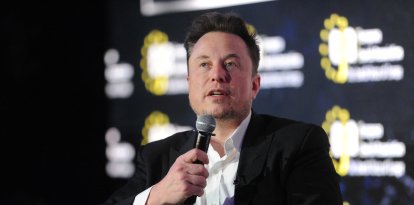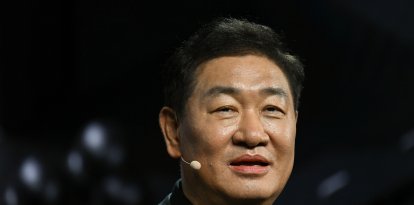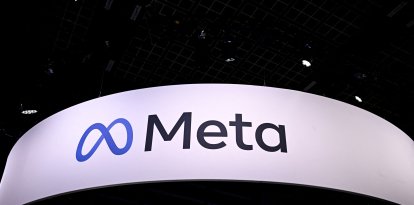Elon Musk seeking volunteers to test his brain implant chip
Neuralink received permission from the FDA to begin human testing. They are looking for participants with some type of complete paralysis.

(Cordon Press)
Neuralink, Elon Musk's brain technology development company, received permission Tuesday from an independent institutional review board and a hospital center to begin human trials on its brain implant project. This was announced by the company in a statement in which it also announced that it is seeking volunteers for these tests.
The project, known as PRIME (Precise Robotically Implanted Brain-Computer Interface), aims to give its users the ability to control a computer or other type of electronic device using only their thoughts. It would work through a chip connected directly to the user's brain. That is, it turns the human into a cyborg, according to the definition of Manfred E. Clynes: a creature composed of organic elements and cybernetic devices.
Patients with paralysis
The search for volunteers for the PRIME project is at the forefront of communications from Musk's company, which says so explicitly in the headline chosen for its press release. According to the release, the program plans to use surgeries to implant the chip in volunteers in certain regions of the brain. The chip consists of a series of flexible circuits.
According to Neuralink, the chip will be completely invisible once the surgery is completed. The device must then be able to record and transmit signals without the aid of any cables to a measurement application. Among other medical uses, the program could help those with significant paralysis to use electronic devices.
In this sense, the company is especially open to applications by those with conditions such as tetraplegia - due to cervical spinal cord injury, - amyotrophic lateral sclerosis, or other similar clinical conditions. The program could stretch as long as six years before bearing any substantial benefits or results.
Neuralink initially hoped to begin testing with a group of at least ten patients, however, the FDA, who is in charge of giving approval for the operations, wanted to lessen that number. As of this moment, it is not yet known how many patients it will be able to treat through PRIME.
RECOMMENDATION





















